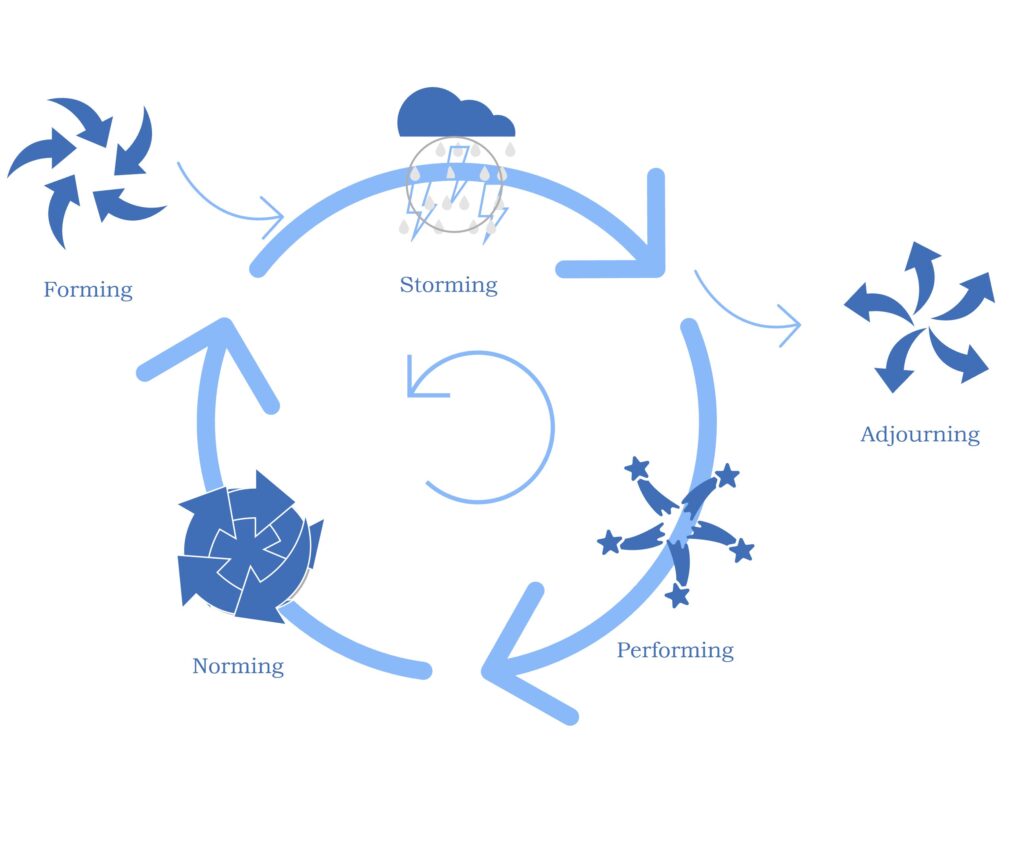The basic structure of an Outward Bound course is to have increasing levels of independence, leading to a “final.” For example, when you pack food for seven days, you can tell the students they have to follow the menu for each meal of each day. Or you can tell them that they have 7 breakfasts, 7 lunches and 7 dinners they can eat any day they want. Or you can tell them they have enough food for 21 meals, and they need to have 3 meals a day for 7 days, following the menu and recipes as a suggestion.
I had one particularly high-performing group. They disagreed respectfully, set ambitious goals, talked about their personal growth target areas and were just an amazingly pleasant and successful group. This was the type of group that you gave the most independence to on their final, which meant they had food for 21 meals.
There was one caveat to the food, and that was we needed to save the ramen. We said that we used it as emergency food in case of cold weather or hypothermia. You could only have the ramen at the end of the course if we hadn’t needed it beforehand.

On the last night of the course, there was a dilemma. Should they break into the ramen, or should they make the corn chowder that they had not attempted? On the one hand, they were intimidated by a huge #10-sized-can of creamed corn and it did not appear that anyone had ever had corn chowder before. On the other hand, they all knew and liked ramen, yet they had set such high standards they felt they were breaking a rule by having the ramen.
One of the group dynamic theories I leveraged as an Outward Bound instructor was Tuckman’s stages of “Forming, Storming, Norming, Performing, Adjourning.”
In the “storming” stage, group members begin to challenge each other and struggle for power and influence within the group. This can lead to conflict and tension as members try to establish their roles and identities within the group.
The “norming” stage is characterized by the establishment of norms, values, and rules that govern the group’s behavior. Members begin to develop a sense of cohesion and trust, and conflicts are resolved through negotiation and compromise.
Finally, in the “performing” stage, the group is able to work together effectively and achieve its goals. Members are committed to the group’s success and work together to achieve common objectives.
Tuckman later added a fifth stage, “adjourning,” to describe the process of disbanding the group once its goals have been achieved.
One of the tenets of this theory is that groups cannot “perform” until they successfully “storm” or resolve a conflict. Due to all their discussions before this dinner issue, and the high level of performance they had achieved, I had thought we were past the storming phase.

However, as the dinner conversation became increasingly heated, I could see there were underlying tensions that had nothing to do with ramen or corn chowder! So, we leveraged another popular Outward Bound technique, the “circle”, and had everyone stop what they were doing and gather in a big circle. One-by-one, we went around the circle, and everyone got to say their piece.
Lo and behold, it had nothing at all to do with food, and everything to do with everything else. Compared to other student groups, these were little things. This was a high achieving group, and their issues were mere nuances to other people. But every group deserves the chance to reach their highest level, and this group, on their last night, was not yet finished.
The circle was an incredibly cathartic process, and I do not remember what they made for dinner. I do remember that the next day, their final day, was awesome. Packing up the boats can be gross, to say the least. You must empty the head and completely empty and wash the boats, and they did all of it with so much teamwork and grace. The respect and appreciation they had for each other was overwhelming and I just did my best to stay out of the way and let them soar, which they needed and wanted to do.
Tuckman’s stages of group development are a well-known, widely cited, and evidence-based theory in the field of psychology. The theory is based on Tuckman’s observations of group behavior and has been supported by research in the field. However, as this group so ably demonstrated, the stages may not always occur in the order that Tuckman proposed. Additionally, not all groups go through all the stages, and the length of time that each stage lasts can vary.
Successfully resolving conflicts requires a lot of supportive elements. Creating that environment allows teams to be higher performing.



